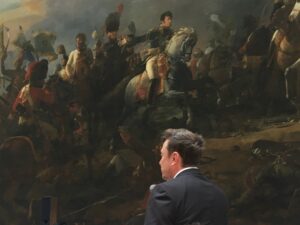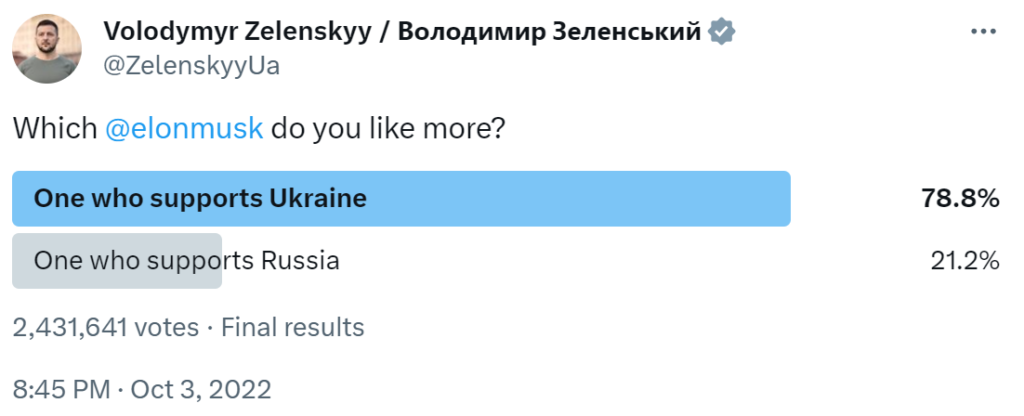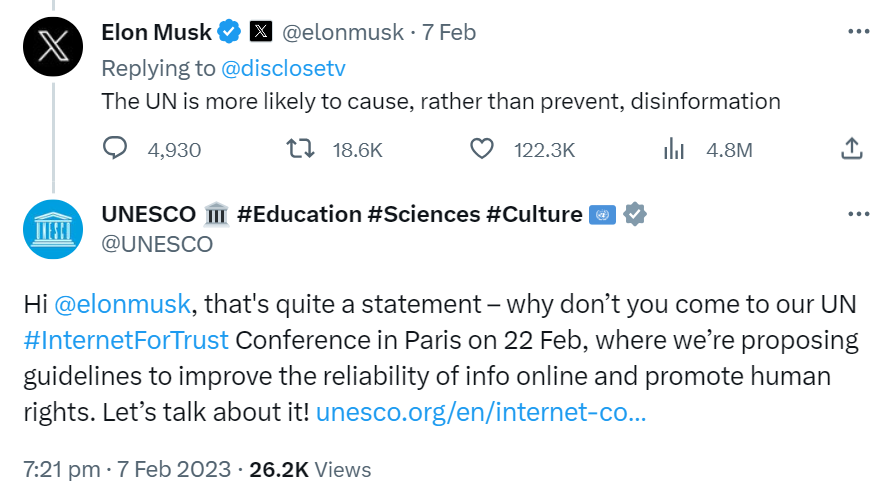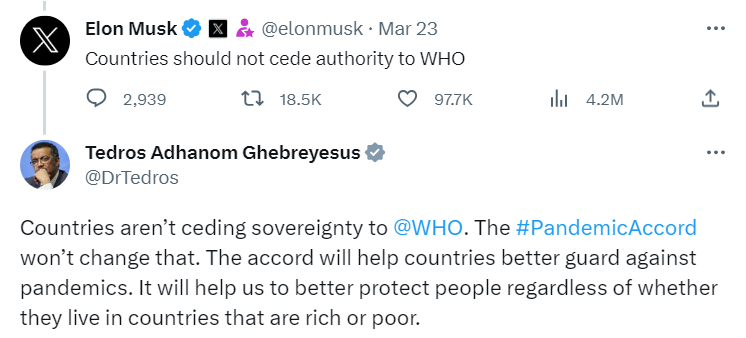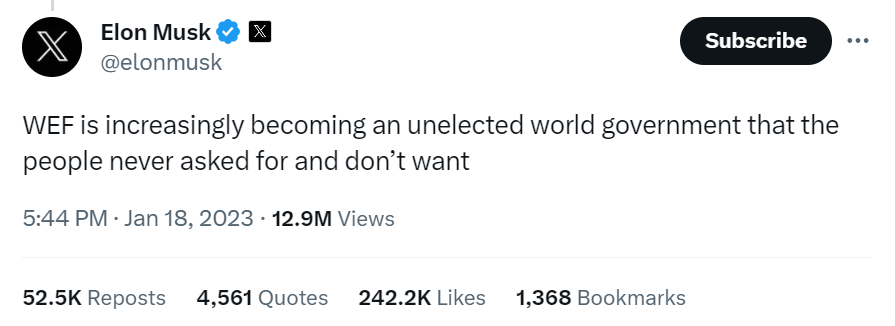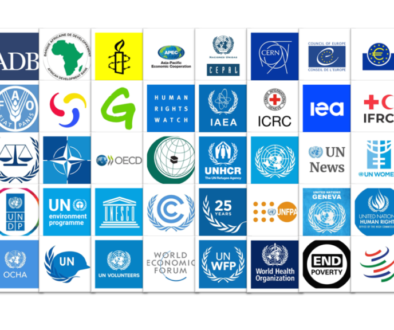Who is afraid of Elon Musk?
It seems everyone is afraid of Elon Musk: corporations, governments, the media, and international organizations, no one wants to be in the cross hairs of his online wrath. Most world leaders are in awe of the most followed and probably the most influential person on X.
Few governments or international organizations have publicly reacted to the transformation of Twitter to X over the past year and the fundamental changes on the platform. When Elon Musk demoted all 420,000 legacy blue badge Twitter accounts, briefly depriving governments of vital verification, none of the 350 heads of state and government and international organisations complained publicly on the platform.
Musk is the most followed user on his own platform with 161 million followers and counting. To put this into perspective: he has twice as many followers as @POTUS and @JoeBiden combined. He has become an unelected leader presiding over a community of 260 million active daily users which would make it the fifth largest country in the world.
Elon Musk knows that he is untouchable. He has not had direct contacts with governments as he explained in an interview with Tucker Carlson. “I think people are a little concerned about complaining to me directly in case I tweet about it” he added.
World leaders are bending over backwards to please the richest man in the world in the hope that he might invest and build a Tesla car factory in their country. In 2023 he met with French President Emmanuel Macron, Indian Prime Minister Narendra Modi, Türkiye’s President Recep Tayyip Erdoğan and Israel’s Prime Minister Benjamin Netanyahu to name but a few. The discussions focused mainly on investment opportunities but not the management of his social media platform.
Elon Musk is currently followed by 32 heads of state and government including the presidents of Argentina, Chile, El Salvador, Hungary, Israel, Kazakhstan, Paraguay, Russia, and Serbia and the prime ministers of Canada, France, Moldova, Mongolia, Pakistan, Romania, and Thailand. He is also followed by 28 foreign ministers and 17 foreign ministries worldwide. Eleven international organisations including Human Rights Watch, UNESCO, the WTO, and the WWF are following him, as do 25 leaders of these international organisations.
Public interactions between Elon Musk and governments on the platform are rare. When Elon Musk questioned whether the German government was aware that German government-funded NGOs are helping refugees in the Mediterranean, the German Foreign Ministry replied laconically: “Yes, and it’s called saving lives.” German Foreign Minister Annalena Baerbock and her ministry have since diversified their social media presence opening accounts on Bluesky, a Twitter competitor.
The Belarusian Foreign Ministry on the other hand saluted Musk’s platform as “one of the last examples where free speech still exists”, proposing an online Space audio discussion to end the war in Ukraine. In April 2023 the Russian Foreign Ministry sent @ElonMusk suggestions for a new logo for the platform: a dog swallowing the blue bird with the message: “From the very heart bru.”
Ukrainian President Volodymyr Zelenskyy is definitely not afraid of Elon Musk. When Musk conducted a Twitter poll in October 2022 on whether “the will of the people who live in the Donbas & Crimea should decide whether they’re part of Russia or Ukraine”, the Ukrainian President conducted his own poll: “Which @ElonMusk do you like more? The one who supports Ukraine or the one who supports Russia?” The counter poll garnered 2.43 million votes and 78% favoured the one who supports Ukraine. Elon Musk replied: “I still very much support Ukraine, but am convinced that massive escalation of the war will cause great harm to Ukraine and possibly the world.”
The relationship between international organisations and Elon Musk seems to have soured since the sale of Twitter which sent shockwaves through the international community. In early November 2022 the UN High Commissioner for Human Rights Volker Türk issued an open letter reminding Elon Musk of the human rights responsibilities of companies to stop disinformation and ensure privacy and transparency and access to the platform’s data. “#FreeSpeech is not a free pass. Help us stop the viral spread of harmful disinformation, such as we saw during the Covid-19 pandemic in relation to vaccines. Don’t amplify content that results in harm to people’s rights.” the UN Human Rights organisation said.
Amnesty International posted publicly what many feared: “We at Amnesty International are incredibly concerned that within a week of taking control of Twitter, @elonmusk has laid off Twitter’s entire human rights team and AI ethics team.”
Elon Musk has repeatedly attacked the United Nations and UN agencies on his platform but few of these have reacted to his antics. In June 2023 he claimed without further proof that “The UN is more likely to cause, rather than prevent, disinformation”. UNESCO posted a rebuttal, inviting Musk to their #InternetForTrust Conference, an invitation he left unanswered.
When Elon Musk stated in June 2023 that “Countries should make their own decisions and not rely on UN bodies like WHO”, the WHO Director-General Dr Tedros, corrected him a couple of hours later: “Countries aren’t ceding sovereignty to @WHO.”
On the other hand, neither the World Economic Forum nor its chairperson Klaus Schwab replied to Elon Musk’s criticism that the “WEF is increasingly becoming an unelected world government that the people never asked for and don’t want”.
The common view among the diplomatic community is that you should not feed the trolls, and this includes the chief of trolls and owner of the platform who seems to always get the last word.


